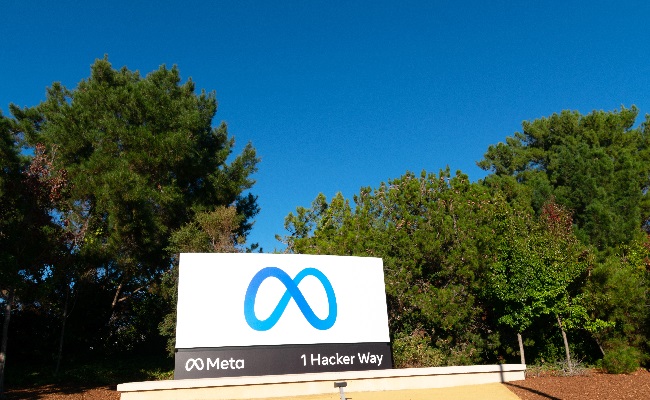Meta Platforms has paused its ambitious hiring spree for artificial intelligence (AI) talent following the recruitment of over 50 engineers and researchers from competitors including OpenAI. This decision, reported by The Wall Street Journal, comes as the company reorganizes its newly established AI division into four specialized teams.
The recruitment initiative was spearheaded by Mark Zuckerberg, CEO of Meta Platforms, and concluded last week. Sources indicate that Alexandr Wang, Meta’s chief AI officer and a former CEO of Scale AI, may still have the authority to approve further external hires. In June, Meta made a significant investment of $14.3 billion in Scale AI, underscoring its commitment to advancing its AI capabilities.
The internal communication regarding the duration of the hiring freeze was notably absent, leaving employees without clarity on the company’s future hiring intentions. The restructuring of the AI group has also implemented restrictions on staff movement across the different teams.
Zuckerberg’s efforts to attract top talent from rival AI firms have included offers of salaries in the nine-figure range. Recently, he announced the creation of the Meta Superintelligence Labs (MSL), a new initiative aimed at strengthening the company’s AI endeavors to keep pace with industry giants like OpenAI, Microsoft, and Google.
In August, Meta reorganized its AI resources into four distinct teams under the MSL umbrella. One of these groups, named TBD Labs, is focused on Zuckerberg’s personal superintelligence project and has welcomed many recent hires. Another team is dedicated to developing AI products, while a third focuses on infrastructure. The fourth team, known as the Fundamental AI Research team, continues to operate under the leadership of Robert Fergus. Notably, the previously established AGI foundations group has been disbanded.
Looking ahead, Zuckerberg is making substantial investments in AI, projecting an increase in capital expenditure for 2025 to between $64 billion and $72 billion. This marks an escalation from the earlier estimate of $60 billion to $65 billion made in January.
The adjustments within Meta Platforms reflect the company’s strategic response to the rapidly evolving AI landscape, balancing ambitious growth with careful resource management.
